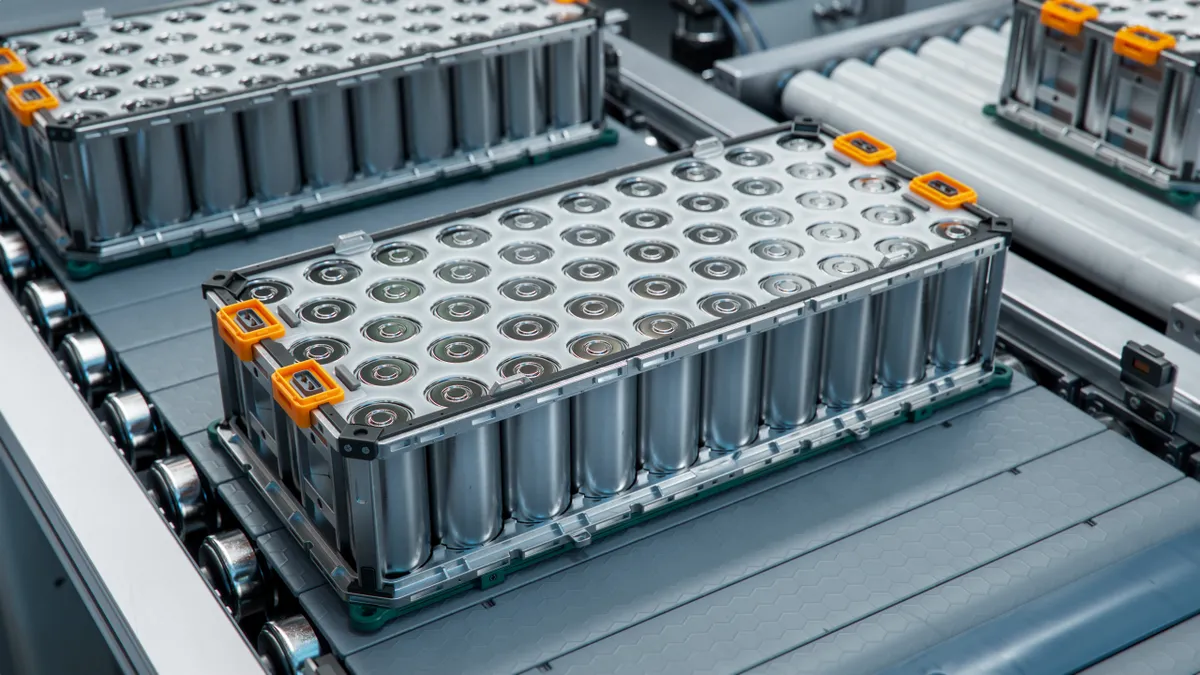The Biden administration today announced $3.5 billion from the bipartisan infrastructure law to fund domestic battery and battery material manufacturing.
The Energy Department money will go towards establishing, retrofitting and expanding domestic facilities to process critical minerals, battery precursor materials, battery components and cell and pack manufacturing. It’s one of the White House’s latest pushes to reduce the country’s dependence on the import of critical minerals and battery materials from foreign entities of concern, a list of countries that includes China.
The funds are the second phase of a total of $6 billion allocated by the bipartisan infrastructure law for battery manufacturing. The first phase of funds went to 15 projects that could catalyze further public or private investment, according to the release. Money allocated in the next phase will be used to support domestic battery materials processing as well as battery production.
The department also said it will prioritize projects that create jobs for low- and moderate-income communities and support the administration's goal that 40% of overall benefits from federal investments go to underserved communities as part of the Justice40 Initiative.
Funds will also be prioritized for lithium-based technologies as well as other battery mineral makeups, and manufacturing for medium- and heavy-duty vehicle markets.
"DOE is also calling for projects that will increase separation of battery-grade critical materials, expand production facilities for cathode and anode materials production, and expand battery component manufacturing facilities —i.e., projects that will attract further investment into topic areas solicited in the program’s first phase," the department said in its release.
Concept papers for funding applicants are due Jan. 9, 2024, while full applications are due March 19.















